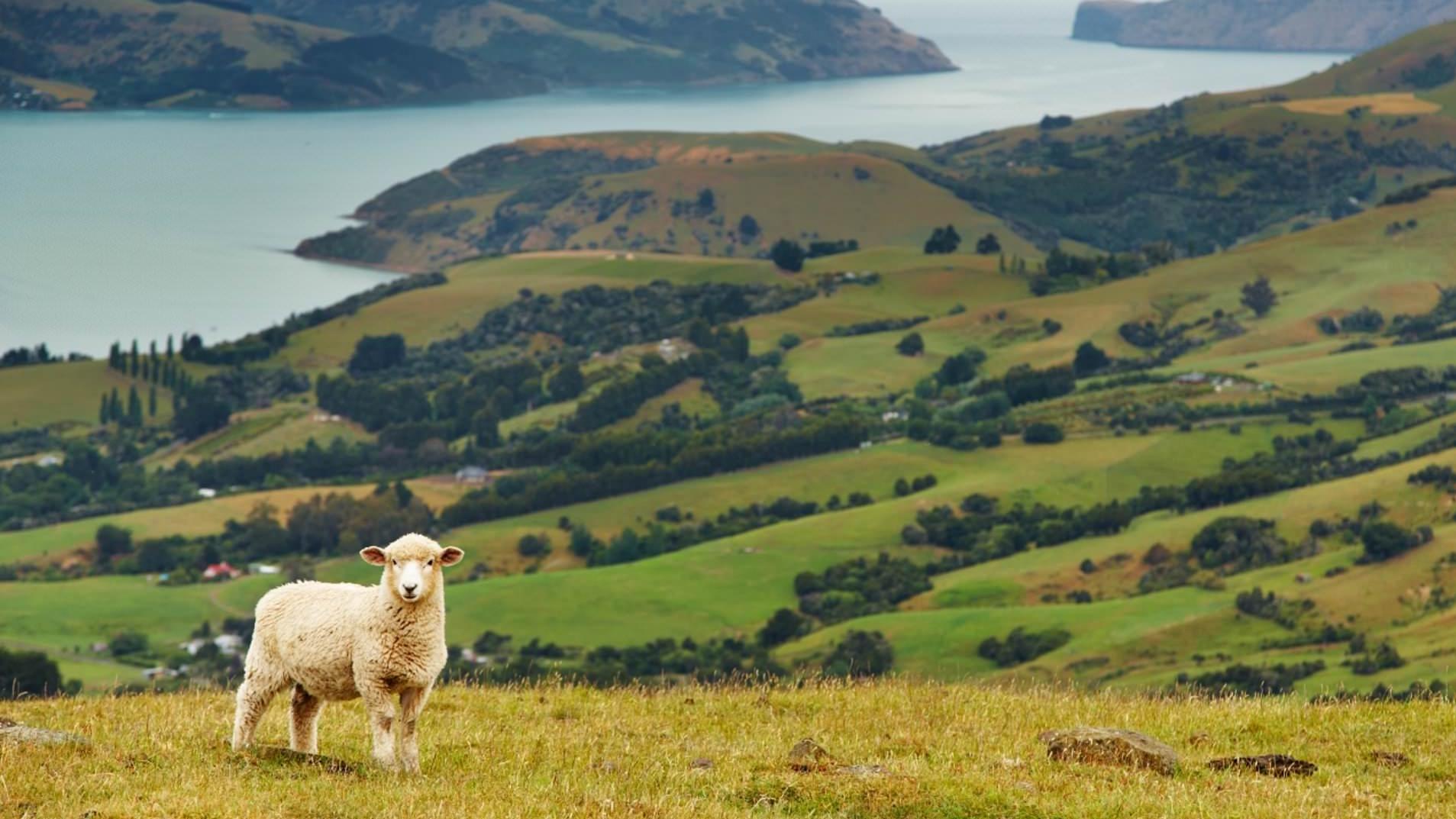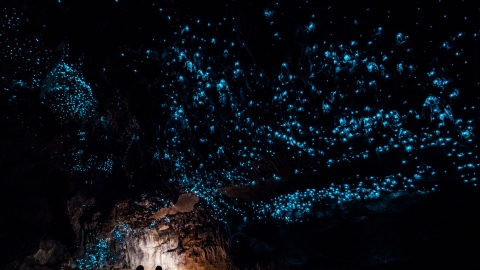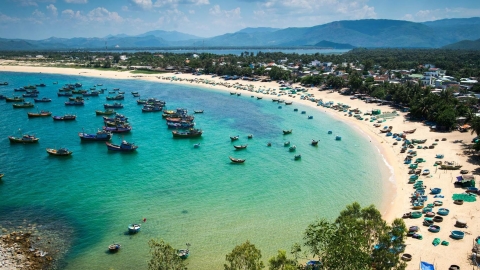In recent years, natural disasters and epidemics have occurred repeatedly around the world, causing scientists to worry about the end of humanity. The causes of a global catastrophe could be the Great Depression, the climate crisis, devastating natural disasters, or a pandemic more dangerous than Covid-19, or it could be that these disasters occur simultaneously.
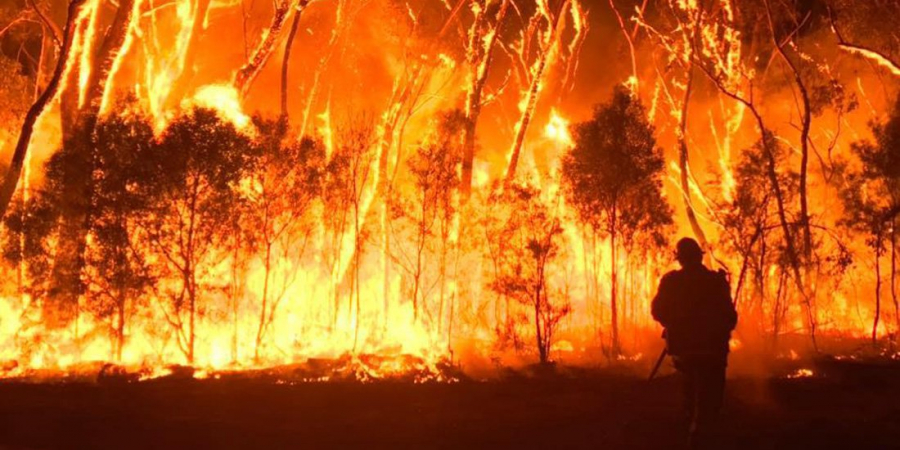
A series of disasters has led scientists to fear a bleak future for humanity.
Based on this hypothesis, scientists are researching to find out which countries would be safe from a global catastrophe. Criteria considered include producing food for the population, protecting borders from illegal migration, and maintaining an electricity grid to power essential equipment. The study indicates that islands with low population density would be the safest places to take refuge when the world collapses.
Accordingly, New Zealand was the top-rated candidate. This result did not surprise scientists, as in recent years, billionaires have been buying land to build bunkers in the Australian nation in preparation for the apocalypse.
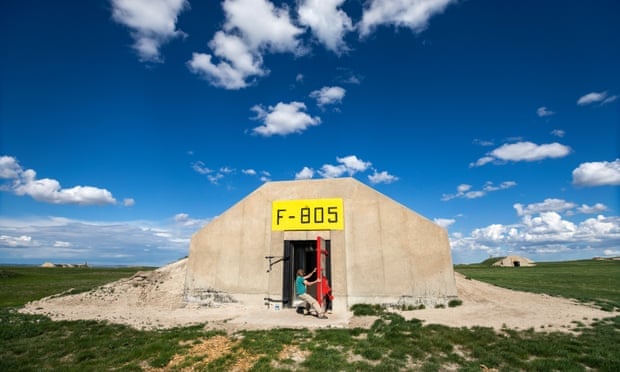
The ultra-rich are scrambling to buy land and build bunkers in New Zealand.
With its mild climate, diverse topography, and geographical boundaries separated by the sea, Australia in general and New Zealand in particular can be considered among the safest places when disasters strike across the planet.
In addition, when considering factors essential for human survival such as arable land, natural energy production systems (water, wind, solar), and population density, New Zealand also ranks first.
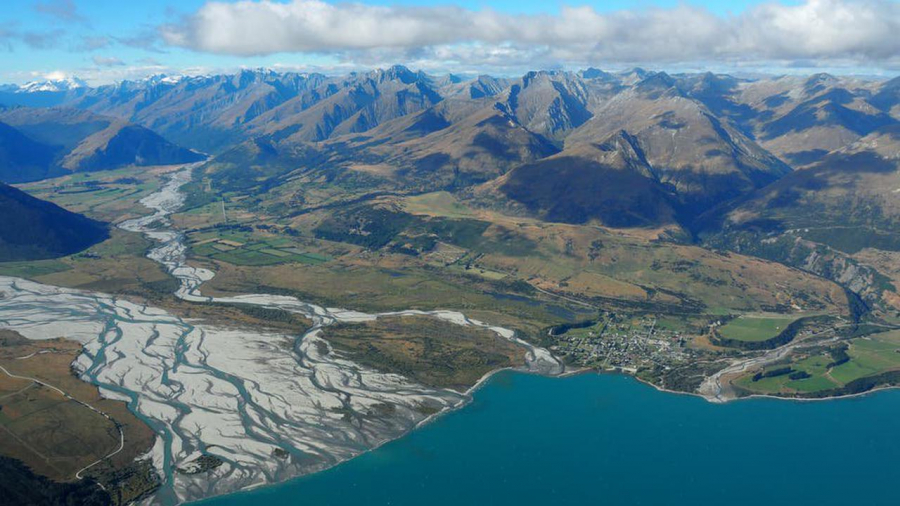
New Zealand possesses both the geographical advantage and the resources to weather the global crisis.
Following New Zealand are island nations like Iceland, Ireland, and Tasmania. The name that surprised scientists the most was the United Kingdom. The drawback of its high population density is compensated by its ability to develop alternative energy sources faster than any other country in the world. Although the UK currently only produces 50% of its national food needs, it has the potential to weather global crises in the future.
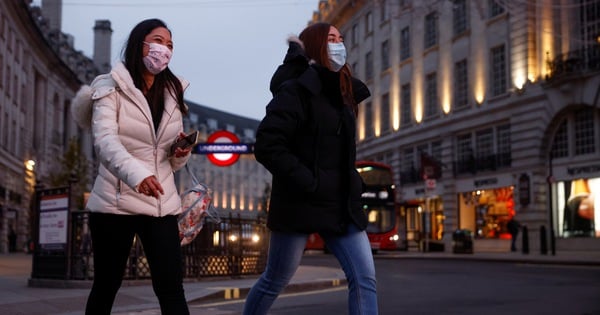
He has the potential to survive in a world in recession.
In recent years, we have experienced a series of disasters such as food shortages, economic crises, and epidemics. We should consider ourselves fortunate that they did not occur simultaneously, but this is entirely possible in the future. Scientists hope that by facing these events, we will soon adapt and prepare for similar disasters in the future.
Furthermore, the Covid-19 pandemic demonstrated the need for governments to act quickly when situations begin to worsen. A key lesson learned is that excessive focus on the economy should not come at the expense of national sustainability. Countries need to invest more in disaster response plans to avoid being caught off guard when bad news arrives.

 VI
VI EN
EN




